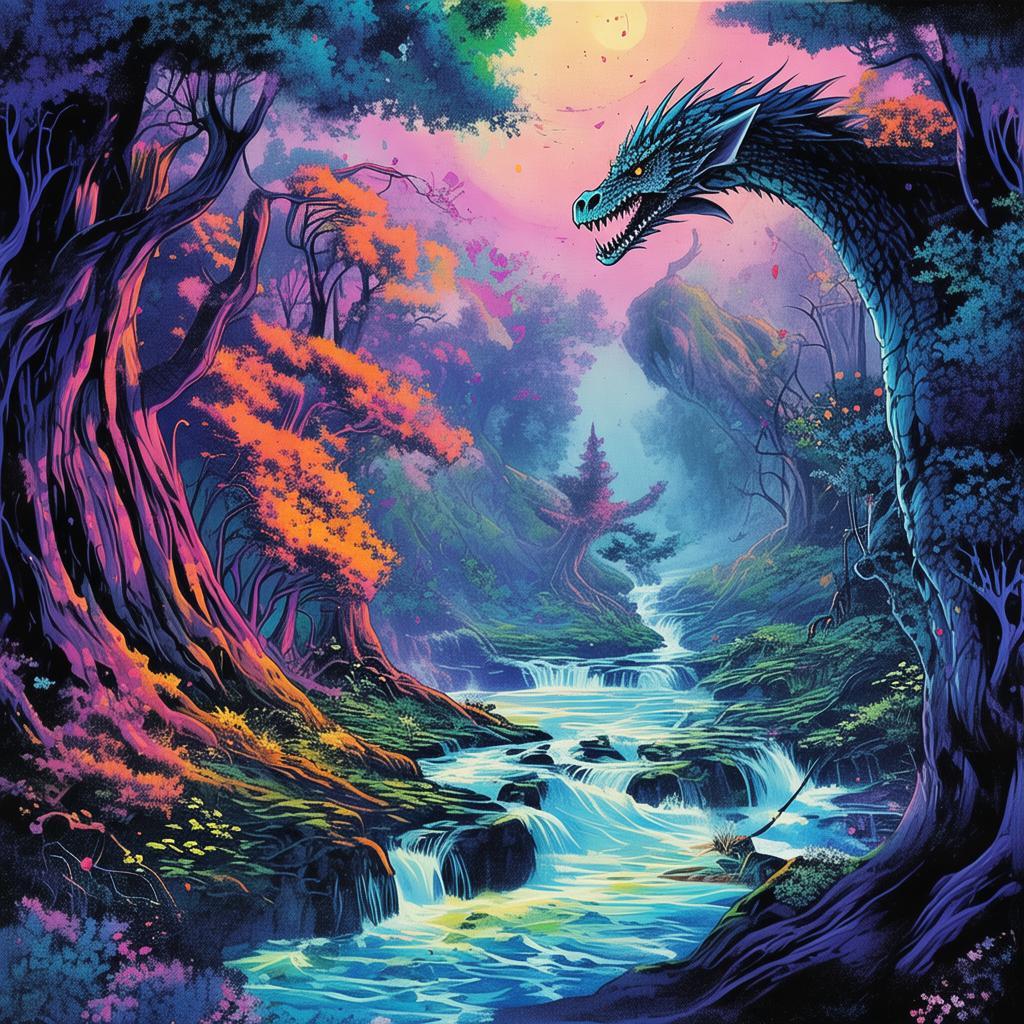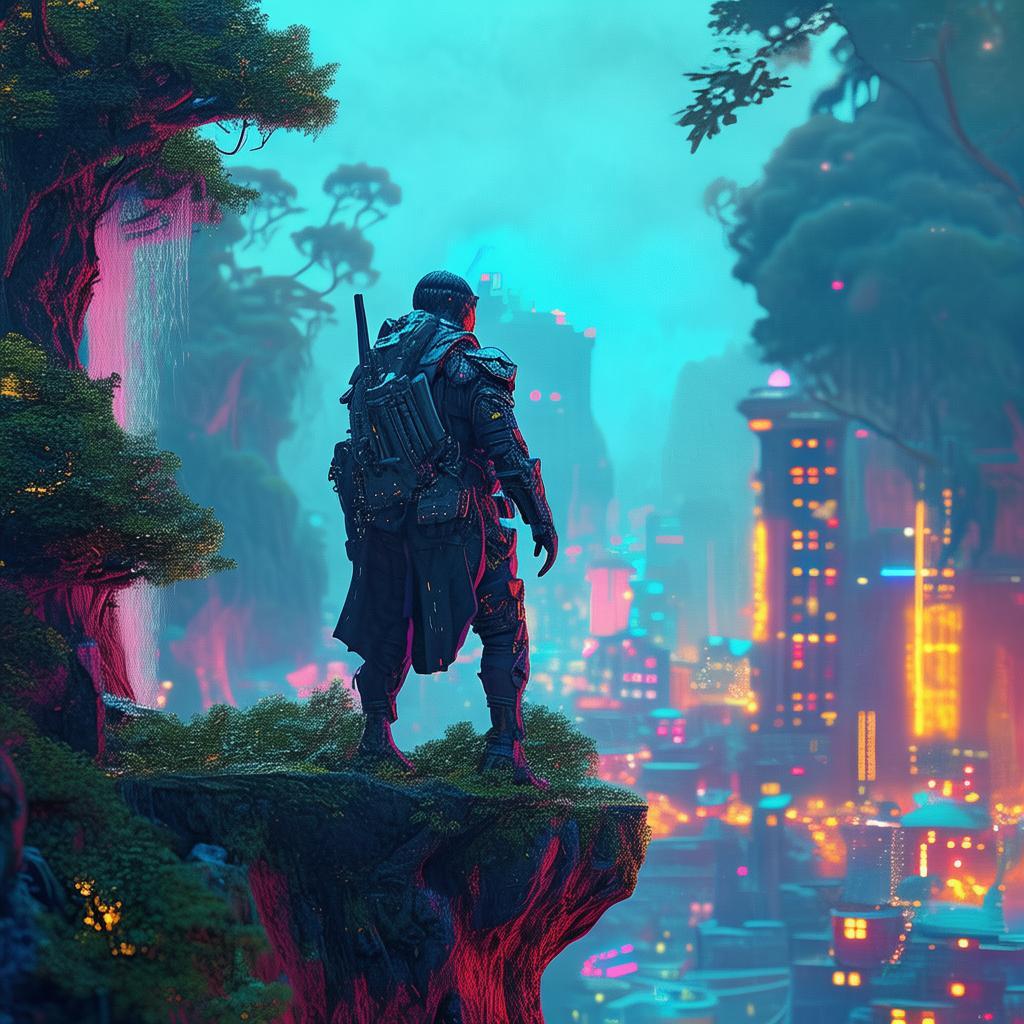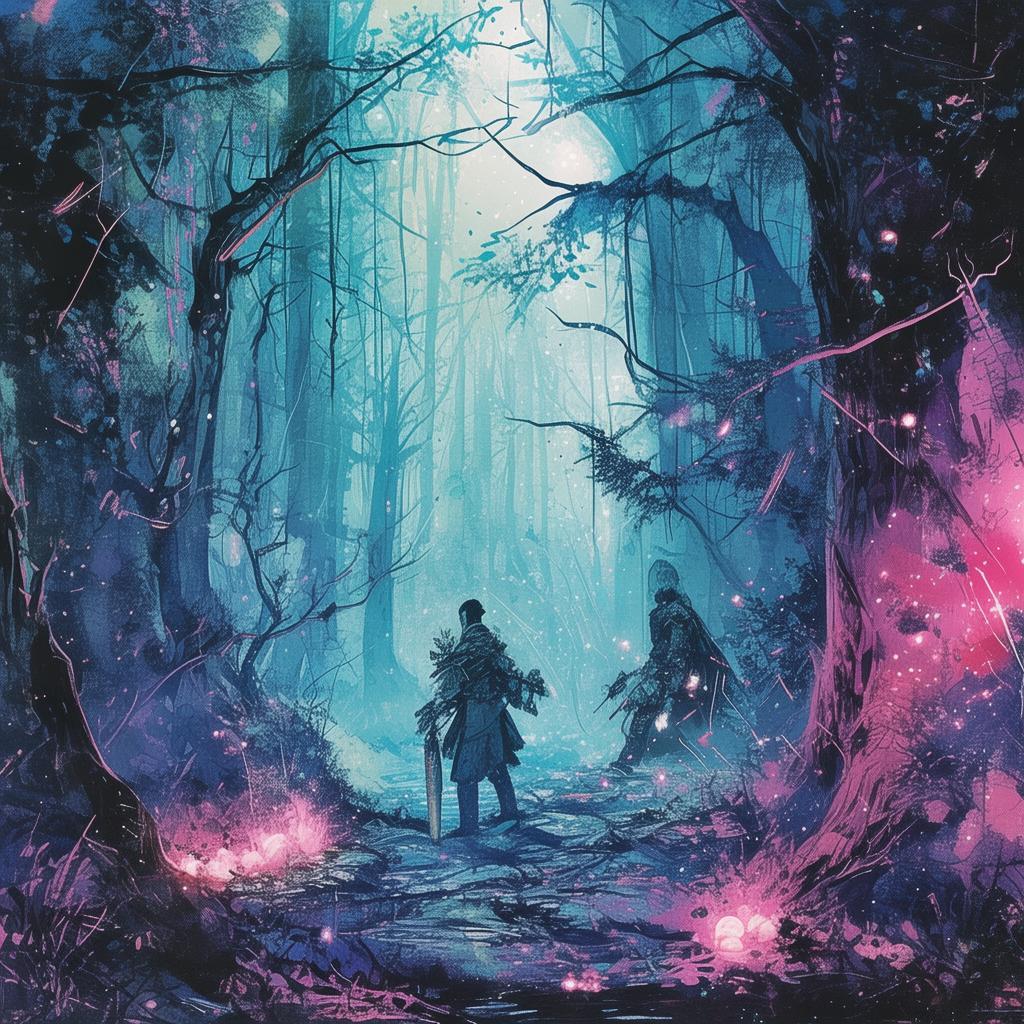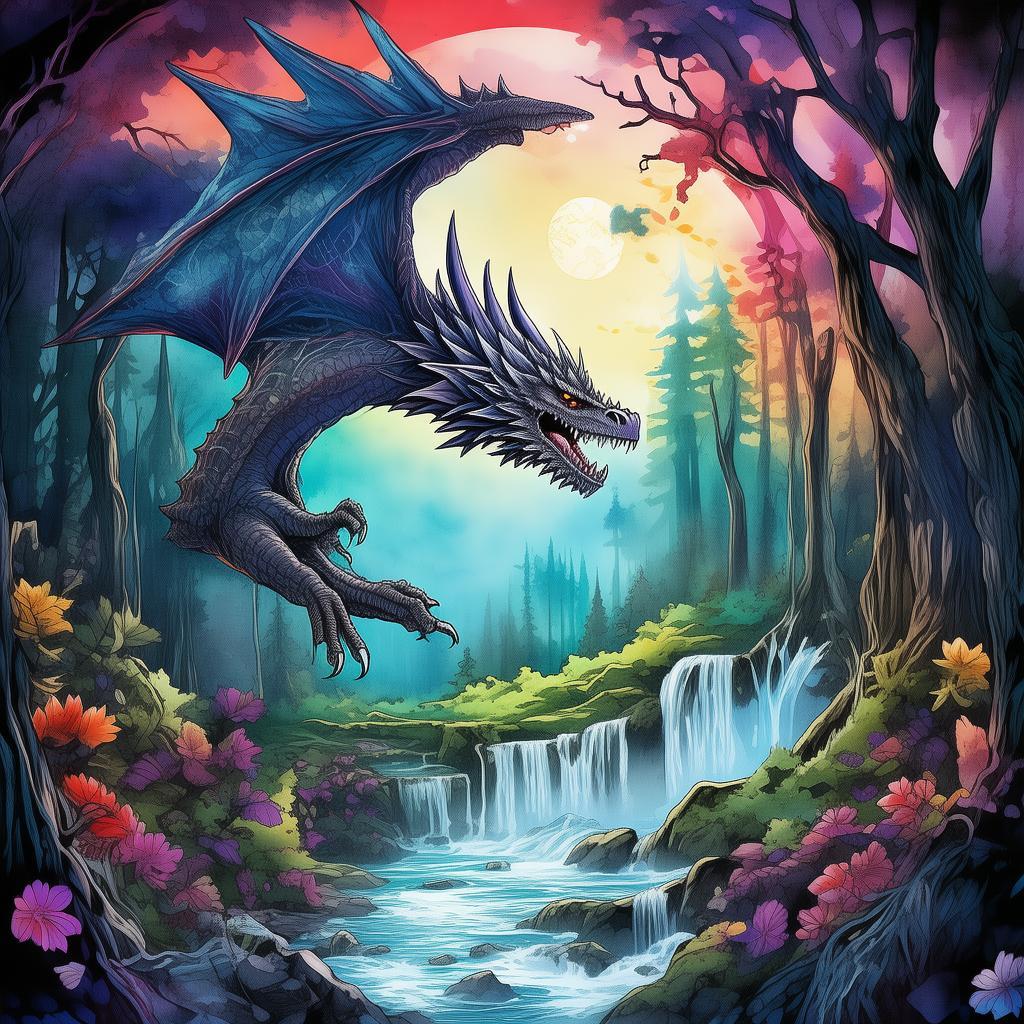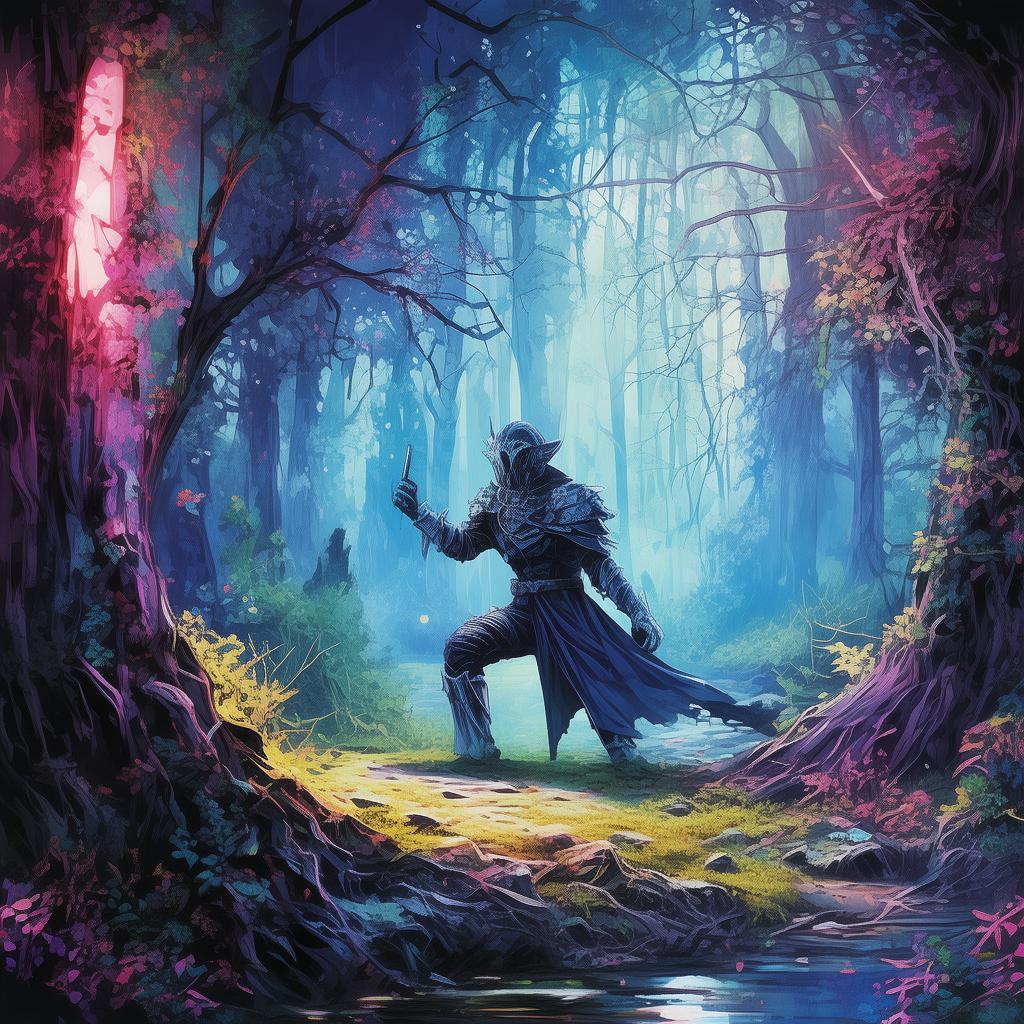The Echoes of the Leviathan: The Last Symphony
In the shadow of a world shattered by nuclear winter, the remnants of humanity huddled in a fortified city, the last bastion of civilization. The city, known as Elysium, was a stark contrast to the desolate wasteland outside its walls. The people had adapted, living in fear and constant vigilance, but they clung to hope, a flicker of light in the darkness.
Among them was a man named Aion, a former musician who had lost everything in the aftermath of the collapse. His life was a series of hardships, and his instrument, a grand piano, lay silent in the ruins of a once-thriving concert hall. Aion's only companion was the Leviathan, a colossal, ancient ship that had floated through the post-apocalyptic ocean, eventually grounding near Elysium. The Leviathan was more than a relic; it was a symbol of a world that had been lost, and it had a story to tell.
The Leviathan's tale was etched into its hull, a series of runes and symbols that Aion had deciphered over years of study. The story spoke of a great beast, a Leviathan, that had once ruled the oceans with grace and power. It was a creature of myth, a leviathan of the deep, and its lament was said to be the symphony of the soul, capable of healing and restoring balance to the world.
Aion believed that the Leviathan's lament, if played correctly, could bring the dead back to life and restore the world. But the symphony was a complex piece, one that required not just skill but also a connection to the ancient language and the heart of the Leviathan itself.
One day, as Aion sat at his piano, a child named Elara stumbled upon him. She was curious, with eyes that seemed to see beyond the grim reality of Elysium. Aion took her in, seeing her as a sign, a reason to continue his quest. Together, they began to piece together the symphony, with Aion teaching Elara the ancient language and the intricate patterns that would become the music of the Leviathan.
Days turned into weeks, and the music grew more complex, more powerful. The walls of Elysium trembled as the first notes of the symphony echoed through the city. The people, initially skeptical, soon found themselves drawn to the music, their spirits lifting as if the very air around them was being cleansed.
But not everyone was pleased by the symphony. A faction of the city's leaders, who had grown corrupt and power-hungry, saw the potential of the music to control the populace. They plotted to seize the Leviathan and its symphony for their own gain, believing it to be a tool for their rule.
The conflict reached a crescendo when the leader of the faction, a man named Kael, confronted Aion and Elara. "You think you can restore the world with this music?" Kael sneered. "You're naive. This is power, and I will not let it fall into the hands of the innocent."
A battle ensued, with Aion and Elara fighting to protect the symphony from falling into the wrong hands. In the heat of the conflict, Aion realized that the true power of the Leviathan's lament was not in its ability to control or heal, but in its capacity to bring forth the very essence of humanity.

In a dramatic climax, Aion played the symphony, not to control or dominate, but to inspire. The music reached out to the hearts of the people, awakening their own inner strength and courage. The corrupt leaders were exposed, and the people of Elysium, now united, rose against them.
The Leviathan's lament, once a tool for power, became a beacon of hope and unity. Aion and Elara, with the symphony as their guide, led the people out of Elysium, into the world beyond, where they began the long journey of rebuilding.
As the sun set over the horizon, casting a golden glow over the desolate land, Aion stood on the hilltop, his piano by his side. He played a final note, a gentle, hopeful melody that seemed to resonate with the very essence of the world. The Leviathan's lament had become the symphony of the new world, a testament to the resilience of humanity.
And so, the legend of Aion and the Leviathan's lament was born, a tale that would echo through the ages, a reminder that even in the darkest of times, hope and the human spirit could triumph.
✨ Original Statement ✨
All articles published on this website (including but not limited to text, images, videos, and other content) are original or authorized for reposting and are protected by relevant laws. Without the explicit written permission of this website, no individual or organization may copy, modify, repost, or use the content for commercial purposes.
If you need to quote or cooperate, please contact this site for authorization. We reserve the right to pursue legal responsibility for any unauthorized use.
Hereby declared.



